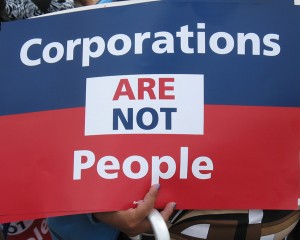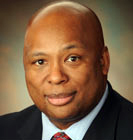Once upon a time there was an adorable little girl in Bamberg, SC, whose name was Nimrata Randhawa. The beautiful daughter of Indian immigrants from the Punjabi region, she was raised to follow the religious teaching of the Sikh religion from their native land. From her early years, Nimrata developed a profound interest for money and power. The story goes that by the age of 13 Nimrata was already in charge of the exotic coins of her family.
The transformation continued and by the time she reached adulthood she adapted her birth name to a more Americanized version and took her husband’s last name. Fearing public perception, Nimrata willed her skin to change and by the time she reached complete transformation, she claimed to the be officially white and of the Christian faith.
Nimrata, clearly, was not a little girl anymore; she turned into a very astute woman. The legend also tells how Nimrata used others’ powers to her own benefit, thus with the support of Sarah Queen of the Rattle Snakes, and King Mitt of Gold and Coldness, she was able to reach the summit of power in a rather hostile place. And one day she became the first governor of the state where she lived. Thus, becoming the first Indian-American and woman to obtain such an honor.
The exotic Nimrata keeps changing during her constant evolution. She is quite conspicuous, especially since she enjoys sipping Tea at high-end venues especially in Paris, while opposing funding for the Arts and Culture. Needless to say, the Goddess does not enjoy public demonstrations, especially after sunset. Recently those who have seen Nimrata say that she is turning blue, and becoming more and more elephant like, which make her look amazingly like Ganesh, the adorable Indian God of obstacles, both good and bad. Although her looks are quite pachydermic she is considered the Goddess of the cherry crops.
Those who have seen her recently warn us about this exotic Goddess and her powers. They say that Nimrata will keep changing to accomplish her goals.
Original painting by Columbia artist Alejandro Garcia Lemos, who donated the piece to the SC Progressive Network to auction at its Thunder & Lightning awards celebration Feb. 18. See details about the event here.










